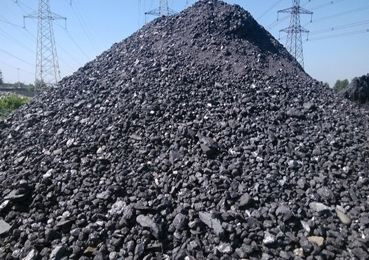
Unlike green petroleum, the calcined coke produced from it is high purity carbon. It's made by heating up green petroleum to get rid of moisture and volatile material and improve electrical conductivity. This fuel is used in industrial and power plant applications. You can burn it in boilers of refineries to generate steam and heat. Alternatively, it can be used as an alternative to coal for fuel in cement and paper manufacturing. Petcoke fuel grade is an inexpensive and versatile energy source with a variety of industrial applications.
Oxbow distributes and stores calcined petroleum in North America. We collaborate closely with customers to fully understand the unique demands of this product. Then, we provide them with only the highest-quality calcined coal available. Our delivery options include railcars and bulk trucks.
Calcined oil coke, or CPC for short, is a good source of fuel and can be used to manufacture a large variety of industrial goods from aluminum to graphite. Refineries produce it by coking oil residues. The coke is then calcined at a temperature of 12000 to 13000 centigrade, which causes the vaporization of the volatile matter in it.

CPC accounts for about 80% the CPC market. Steel industry, as well as the titanium dioxide pigment and recarburizing industries are also major users. CPC can also be made into a variety other industrial products including carbon brushes and components, thread compound, drilling mud additives, and rubber and polymer composites.
As demand increases for CPCs, many firms increase production capacity in order to satisfy this need. In order to maintain sales stability and profit, manufacturers also focus on long-term partnership with the end-user companies. The calcined coke market is predicted to grow in future with this strategy.
Asia Pacific, in terms of geography is the largest contributor to the calcined coke industry. In part, this can be attributed to an increase in construction and metal production. In Europe, Latin America, Middle East and Africa, as well as in Europe the market continues to grow.
Market drivers include the growing steel industry, positive government policies in the metal industries, and the high production of aluminum. The market will be affected by environmental restrictions and the fluctuating price of crude oil in the next few years. The ban on coal-mining is likely to also affect petroleum coke supply. In spite of these constraints, the calcined coke market in global is expanding at an accelerated pace. This growth is mostly due to increased investments in refineries for petroleum, expansions of the aluminium and steel industries and growing energy demand. Moreover, CPC is used in anodes produced for aluminum smelting.

Write a Message